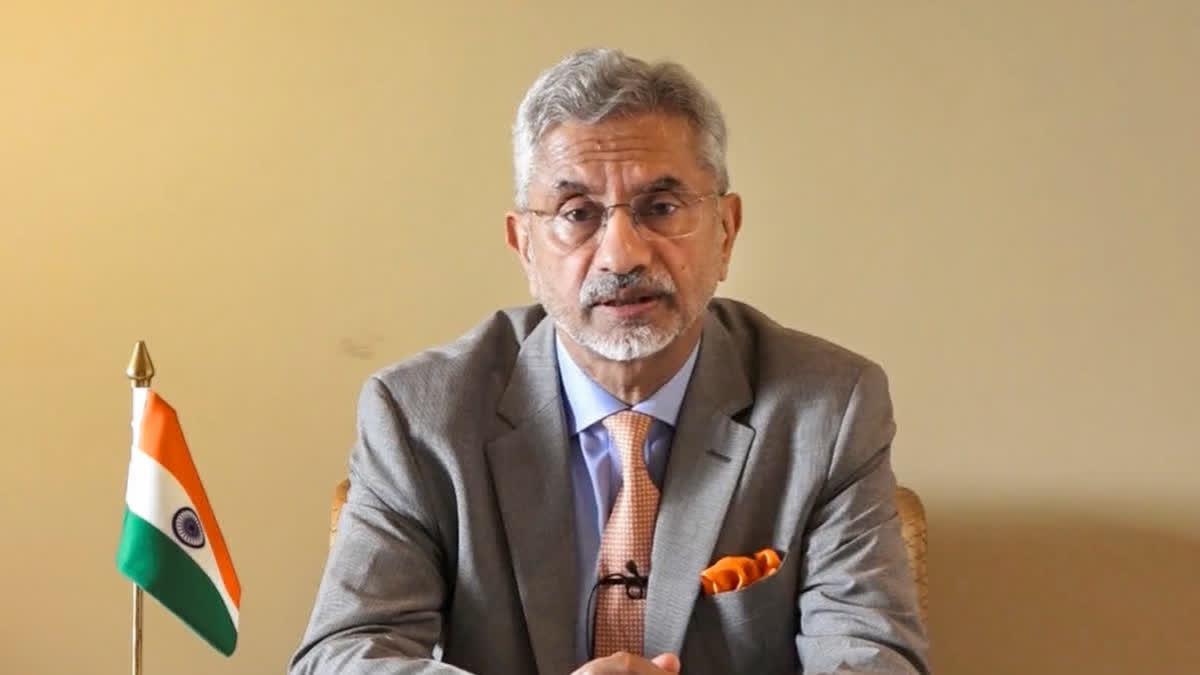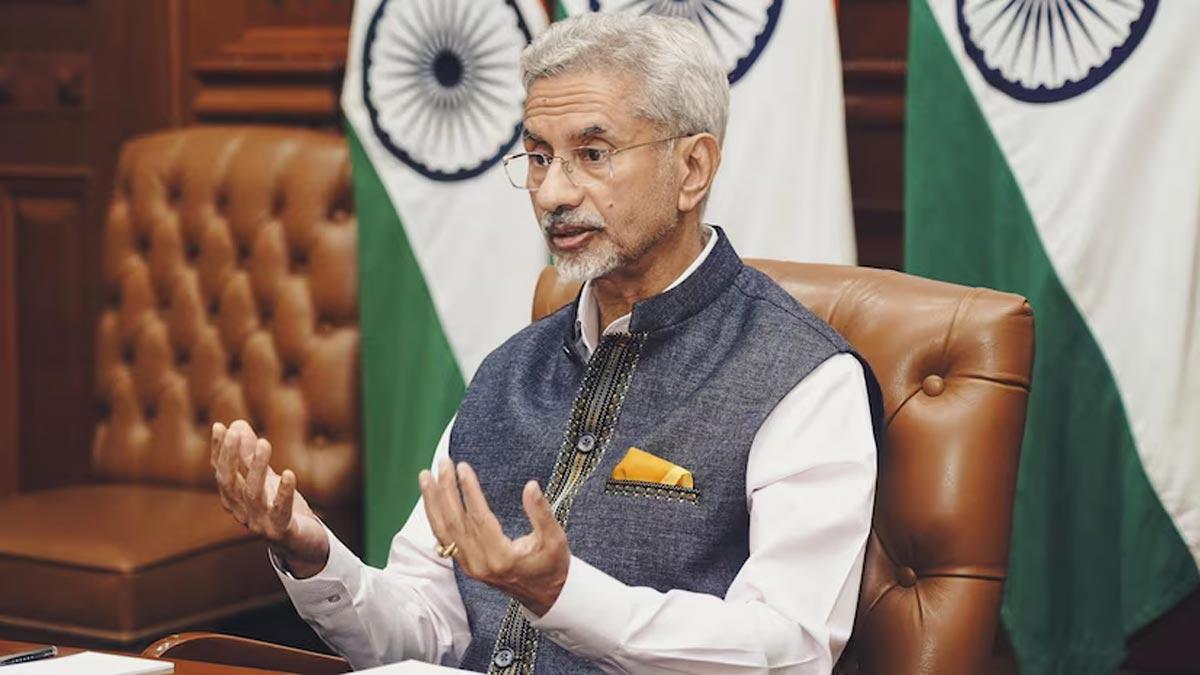For almost 27 hours, certain hostages were frozen in place, huddled on the floor, while others were left in shock and silence as armed militants took over the train and started killing passengers.
Survivors of the terrifying Jaffar Express hijacking—conducted by the Balochistan Liberation Army (BLA)—have recounted spine-chilling details of their experience before being rescued by Pakistani security personnel.
The assault took place on Tuesday when the Jaffar Express, which had 440 passengers traveling from Quetta to Peshawar, was ambushed by armed attackers. The 30-hour standoff ended in a fierce gunfight that killed 21 civilians and four security guards, with all 33 attackers eventually being killed by the military.
Reliving the chilling moment, train driver Amjad disclosed that the militants detonated an explosion under the engine, which derailed a few bogies.
"As the train halted, Balochistan Liberation Army (BLA) terrorists opened fire," he said. "The terrorists broke into the train by breaking windows, but they thought that we were dead."
For the victims inside, the terror was relentless. Passengers said the attackers targeted people according to their province of origin.
Released hostage Arslan Yousaf spoke of the methodical cruelty of the attackers. "Sometimes, they took soldiers. and killed them," he said in a Reuters interview, referring to Pakistani Army and security personnel who were on duty but traveling on leave.
"Sometimes, they would specifically target people. If they wanted to harm somebody, they would shoot him there and then," he added.
Mehboob Ahmed, a 31-year-old survivor with multiple gunshot wounds, spoke of frantic bids to escape.
"We attempted to escape twice. Some did get away, but most were shot dead as the gunmen started firing," he said. "We had nearly given up hope for survival."
Another rescued captive, Muhammad Tanveer, stated that only water was given to keep prisoners going during captivity.
Balochistan, the most resource-abundant and insurgency-hit province in the country, is situated in the backyard of Gwadar Port and enormous-scale copper and gold mine extractions headed by China.
While Baloch militants have, in the past, carried out attacks against security personnel, foreign investment, and government infrastructure, this was the first recorded attack on a passenger train.
The attack on the Jaffar Express started on Tuesday morning when BLA militants exploded roadside bombs along the railway track to stop the train in the isolated Bolan desert of Balochistan. Packed with rocket launchers, automatic rifles, and grenades, the rebels raided the train and took people as hostages and went into intense shootouts with the Pakistani security personnel in the hilly areas away from any surveillance.
By Wednesday, the Pakistani army launched a massive counter-operation to retake the train. Military authorities confirmed that 21 civilians died in the attack.
"The security forces cleared the train bogey to bogey," said an official statement by the Pakistani Army. The operation was a combined effort by the Army, Air Force, and Frontier Corps (FC), with the top Special Services Group (SSG) commandos leading the charge.
Following hours of continuous gunfire, all 33 militants were killed and more than 300 passengers were rescued safely.
While Pakistan's army claimed a clear victory, the BLA contradicted the official report, reporting that certain hostages were still with them and the fight hadn't ended yet.
Jeeyand Baloch, the group's spokesperson, blamed the government for manipulating facts.
"Now that the state has left its hostages to perish, it will also be held accountable for their deaths," he asserted in a statement issued on Thursday.
Prime Minister Shehbaz Sharif traveled to Quetta on Thursday after the attack to receive a detailed security briefing.
Read also| India Hits Back at Pakistan's Train Hijack Claim, Says World Knows Terrorism's Epicenter
Read also| Trump Revives Greenland Annexation Idea in Talks with NATO Chief: Reports


















